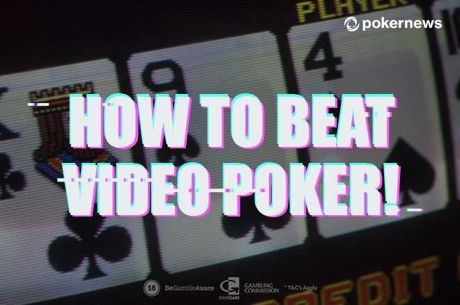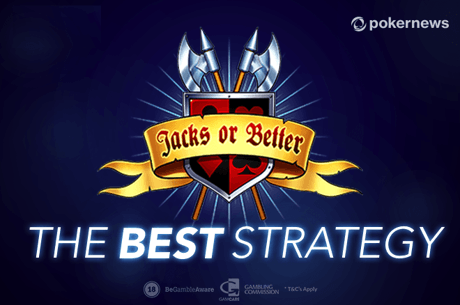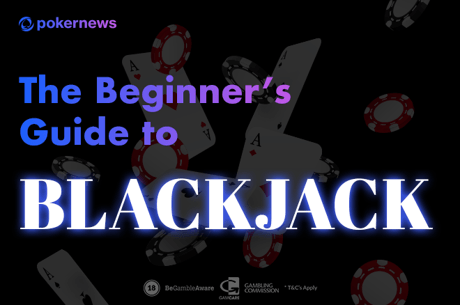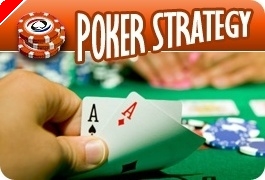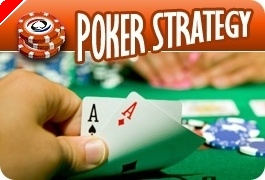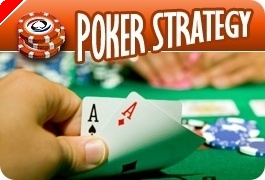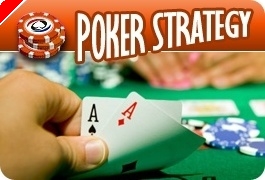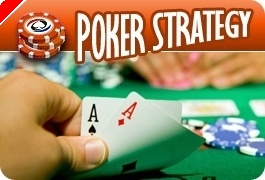Stud Poker Strategy: Calling
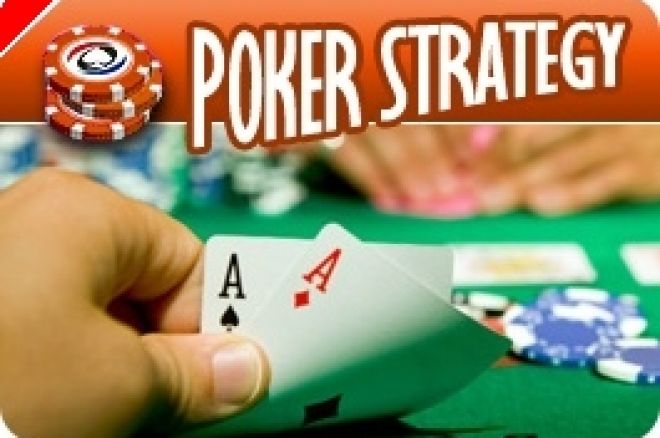
It's gotten a bad name, calling has. Players who do a lot of it are given a special moniker, 'calling station'. Good players tend to go for the raise and the fold.
Even so, there are times when it is surely the best play. Here are a few examples.
The simplest and most obvious example of a good call is when you hold a drawing hand and are looking to get in cheaply to see another card that might make or improve your hand.
Let's say, for example, you have a four-flush on sixth street and your opponent has been betting his exposed king since third-street bets again. No need to get cute or fancy; the pot's big by sixth street. Call him down and hope to hit your flush.
Similarly so, earlier in the betting �C though it may be a closer call if you only have three of the suit. If the pot is going to be multi-way, a straight or a flush draw makes sense. Don't be deceptive; don't try and narrow the field. Just call.
Calls sometimes work for deceptive purposes, of course, as slowplays. When you hit a monster, a call is good to keep your opponents from knowing you have the hand that you have. It's the opposite of a bluff.
Say, for example, you have three kings on third street. If a player on your right raises with an ace, you'd look pretty strong coming over the top with a raise. A raise in this situation might well get everyone else to fold, including the ace (especially if he was raising as a bluff or semi-bluff). The best play is surely to call, hope that other players call, and that the initial raiser is none the wiser. Then you can either raise him on fourth street if he comes out betting again, or even save your raise until fifth street �C though this is more dangerous especially if there are a couple of other players in the game.
Another good reason to call is to get an extra bet from a third player whom you know is behind or drawing dead or is otherwise not very good.
Let's say you hit a card on sixth street that makes your flush. It came through the back door, let's say, with fourth street another suit. So it doesn't look very suspicious. The player on your right continues to bet. He's led the whole way with a high door card. He either still has that pair or has two pair. If you raise now you may well knock out the player after you. He's not very bright but he's not blind. A single raise won't scare him, but a double raise probably will. If you raise and he folds and the initial player, who is pretty good, also folds, you'll lose money. If you just call you'll be likely to make more: the sixth-street call from the bad player to your left, plus the bets on the river that you're likely to pick up when you bet and you get called by either or both of your opponents. Ironically, your profit will come from being passive, not aggressive. So be passive.
Calls also make sense when you're against a tricky player. He might be bluffing; he might be betting for value, he might be slowplaying. Since he is hard to read, you're often better off playing neutrally against him �C calling his bets and checking into him. Let him make his plays. Don't try to figure him out, just ride along as cheaply as possible �C assuming, of course, that you have at least a medium-strong hand. Your calls will tend to neutralize his ability to play against you �C since he won't be able to exploit the apparent strength or weakness of your hand �C and your play won't be giving anything away. Your checking and calling will work to neutralize the trickiness in his play.
Calls have their problems of course, which is a column for another day. Just keep in mind that they may also change the image of you that other players have. If they see you as someone who tends to call (which they may conclude after you have only called a few times in a row) you will tend to mute their tendency to bluff you and increase their tendency to bet their medium-strength hands. This is, in and of itself, neither a good thing nor a bad thing. You just need to be aware that it may be happening so you can exploit it.

